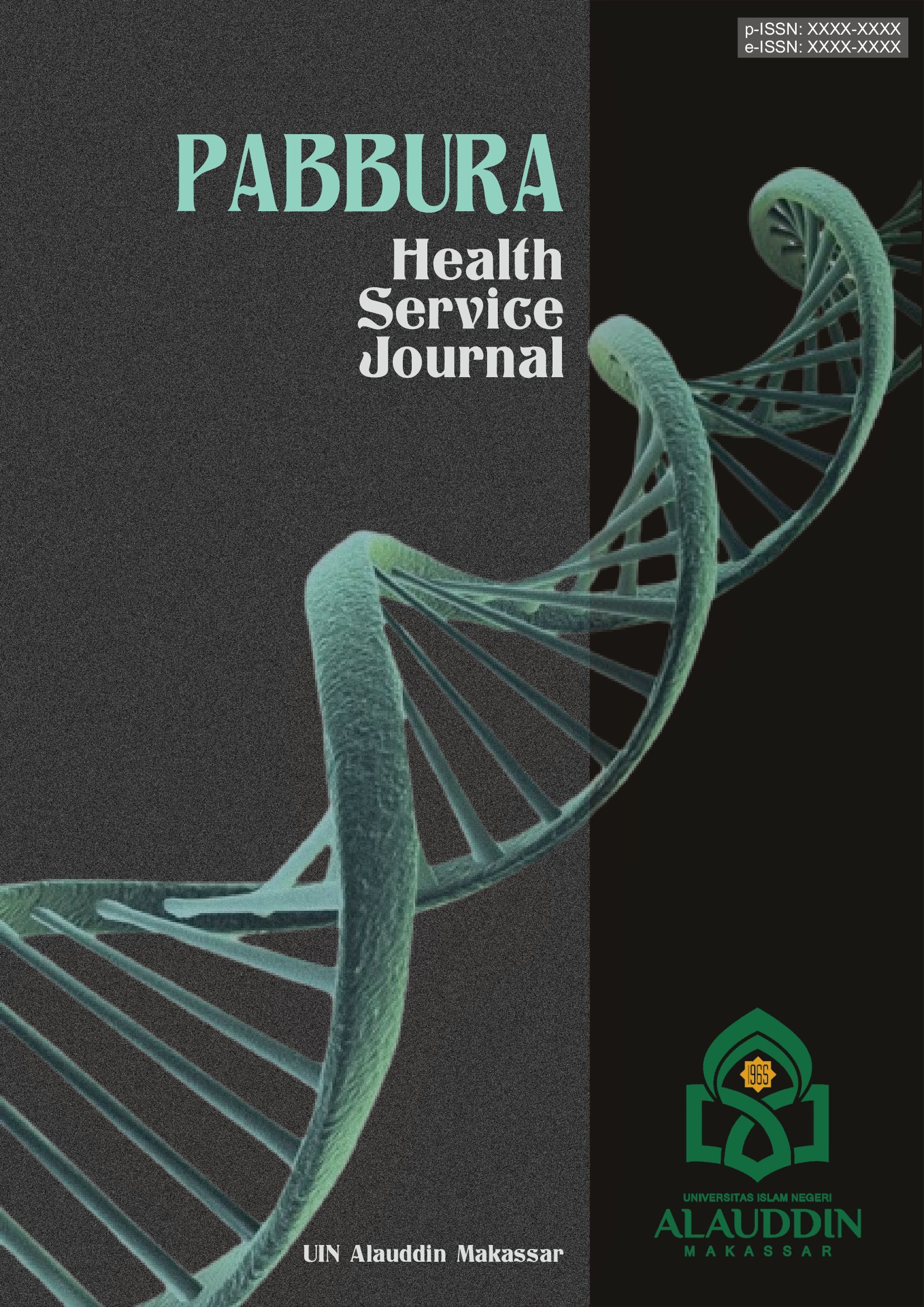Improving The Mental Health of Students through Helping Adolescent Thrive (HAT) Training for Teachers to Create Child-Friendly Islamic Boarding Schools
Abstract
Education in Islamic boarding schools is the basis of adolescent social life. In the practice of social life in Islamic boarding schools, teachers and students have a high role. Santri are the largest part of society in Islamic boarding schools. The majority of students who are teenagers are mixed together in group life at the Islamic boarding school. Santri come from diverse areas, family backgrounds with different parenting styles, and different psychological conditions. In social life at Islamic boarding schools, this becomes an extraordinary dynamic, especially regarding psychological matters that require optimal mental health between one another. Maintaining their mental health is a must, considering the challenges and pressures faced in Islamic boarding school life. In order to support this, Helping Adolescent Thrive (HAT) training is a very relevant initiative. The aim of this HAT training is to create child-friendly education in Islamic boarding schools. It is hoped that the training will be able to realize good quality education in Islamic boarding school-based madrasas. The training method used is a varied lecture approach and child-friendly Islamic boarding school implementation practices. In the series of implementation activities, 17 modules were presented which were divided into 5 sessions. The results of this training showed that the participants thought that the HAT training material was presented well, clearly and systematically, the HAT training material was very in-depth and the presenters provided real examples so that it helped them more. easy to understand the material, and HAT training provides benefits in many ways, because it can increase understanding of adolescent mental health.
References
Bafaqih, H., & Sa’adah, U. L. Pesantren Ramah Santri, Respons Mencegah Kekerasan Di Pesantren.
Hidayat, T., Rizal, A. S., & Fahrudin, F. (2018). Peran Pondok Pesantren Sebagai Lembaga Pendidikan Islam di Indonesia. Ta’dib: Jurnal Pendidikan Islam, 7(2), 461-472.
Latif, M. A., Rosyidi, M. H., & Khoiriah, R. (2021). Sekolah Ramah Anak Berintegritas Pesantren. Ummul Qura Jurnal Institut Pesantren Sunan Drajat (INSUD) Lamongan, 16(2), 118-131
Maslahah, W., & Lestari, R. H. S. (2022). Program Penguatan Psikologis Santri Dalam Kehidupan Sosial Di Pesantren Melalui Sosialisasi Santri Milenial Anti Bullying. E-Amal: Jurnal Pengabdian Kepada Masyarakat, 2(2), 1459-1472.
Putri, F. R. (2018). Hubungan pola asuh otoriter terhadap perilaku perundungan pada remaja. JKKP (Jurnal Kesejahteraan Keluarga dan Pendidikan), 5(2), 101-108.
Risnah, Muhammad Irwan (2023). Teori dan Model Keperawatan, Jakarta, Trans Info Media
Travelbee, J. 2016. Rasa simpati dan rasa empati serta hubungan antara sesama manusia. American Journal of
Nursing

